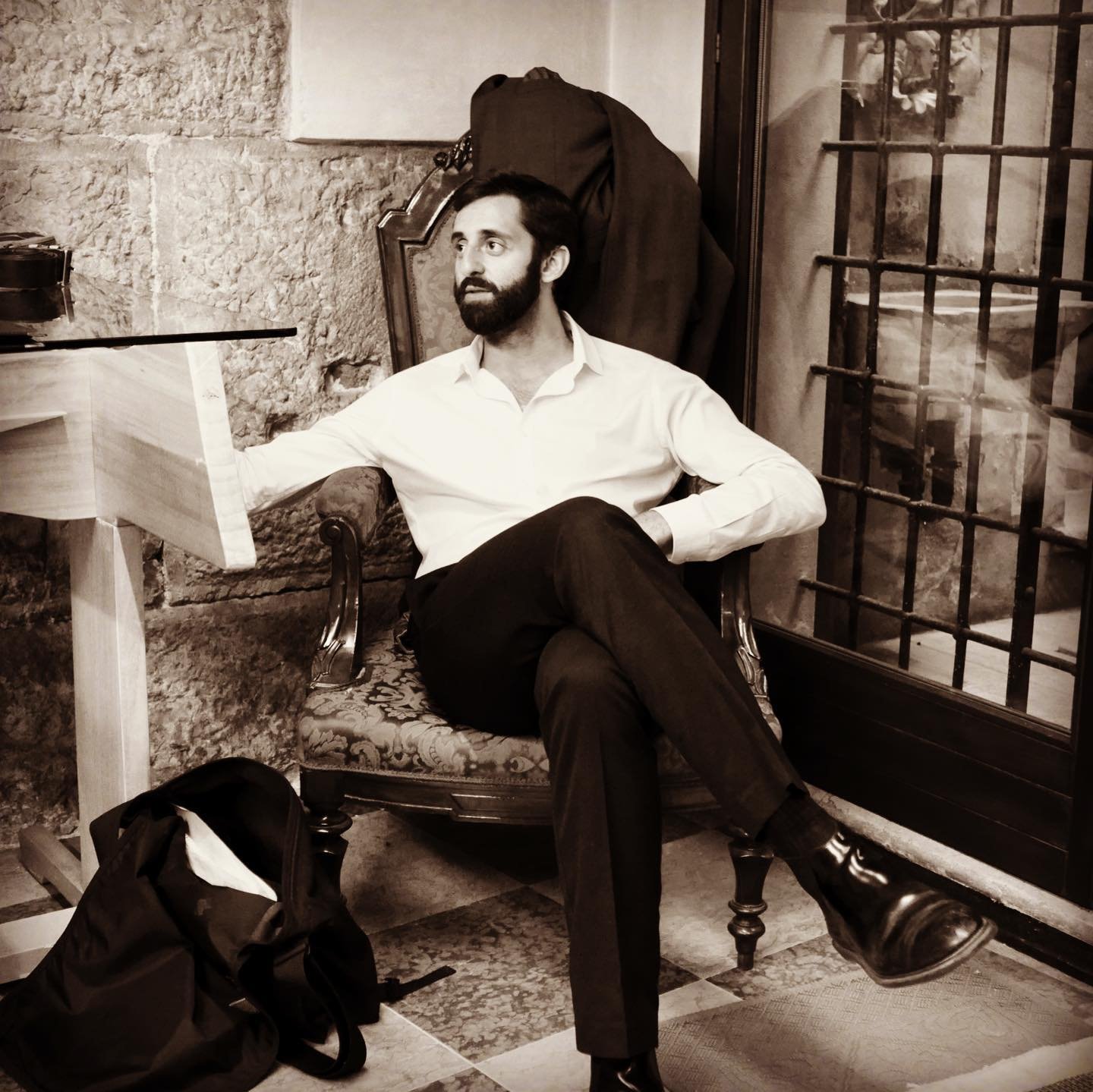Student Endorsements:
"Gary was a very knowledgable tutor, able to share his understanding of what I needed to learn to effectively develop my singing. He was keen to stress the importance of good technique to my singing - not just teaching me the basics quickly and moving on, but rather taking care to highlight how to breathe, provide support, good posture and so on. I would happily recommend Gary to any student at any level of ability." - Joe
“Gary has been a great teacher – very friendly and helpful, trying a variety of approaches to help me figure out how to control the right sets of muscles for singing. I’ve been singing for a few years, but I really appreciated the chance to focus on core technique from a classical/bel canto perspective, which was something I hadn’t done before. Now I find I’m able to avoid straining, even when singing quite high in my modal voice and falsetto ranges. I look forward to continuing to improve my technique with Gary!” - Emily
Teaching
Music theory and singing are Gary’s primary teaching areas, though of course they are often intertwined. Lessons include technique, historical study, listening, and cultivating a student’s ability to interpret music for themselves. In Gary’s lessons, the practice of music theory is always related to performance and listening. Assisted by in depth lessons on harmony, structure, and musical textures students will develop a solid basis for understanding music from different perspectives and ultimately help them realise an individual voice in their own practice.
In singing, Gary is equally committed to the fundamentals. Lessons at the start of the process are concerned with the mechanics of singing, focusing on bringing out a students particular vocal strengths as they become more technically proficient. Ensuring that students have the confidence to perform is also a key part of the training. Importantly, Gary will help students develop strategies that both suit their personality and physicality. Gary also teaches piano to an intermediate standard. Piano lessons will begin with work on hand and finger position and posture, moving on to understanding scales and chords. His style of piano teaching incorporates music theory extensively, as learning the patterns of the piano repertoire will enable students to pick and choose their own pieces rather than being restricted to a grade book syllabus.
What can you expect?
Students can expect the initial lessons to be about finding the right method for them. A student who is accomplished at an instrument but wants to add singing to their skillset will likely start from a technical basis and move quickly to choosing their own style. Children who are new to music theory will be offered a more holistic program; they will be encouraged to develop their ear and reading ability alongside the more rigorous technical aspects of the discipline.
Gary is always delighted to teach beginners, and is committed to creating a welcoming and supportive learning environment. The pace of teaching is under the student’s control and he encourages his students to raise issues or ask questions as much as possible. If you would like to bring your instrument to theory lessons that can easily be integrated into the lesson plan. He is happy to provide lessons for graded exams, but his holistic method means that students will be exposed to a broader approach to music as a discipline.
